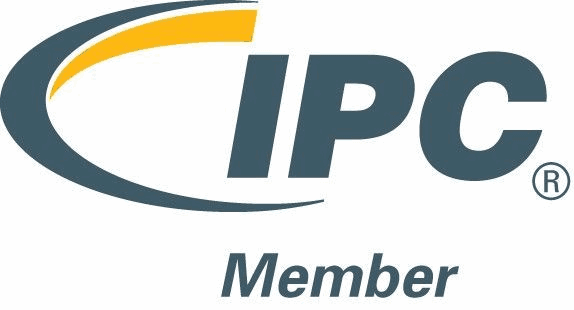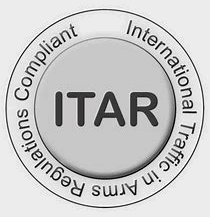In an era where electronic devices permeate every facet of our lives, ensuring their functionality under all circumstances is essential. However, there exists a category of environments and industries (like military and aerospace) where electronics face substantial challenges—harsh and demanding conditions like extreme temperatures, humidity, corrosive chemicals, and mechanical stress. To safeguard electronic components and circuits from such unforgiving surroundings, the role of conformal coatings is paramount. These specialized protective layers provide a vital defense, ensuring the longevity and reliability of electronic systems in the face of adversity.
Conformal Coating Basics
Conformal coatings are thin polymeric films applied to electronic assemblies, conforming to the contours of the components to provide a protective shield. These coatings are designed to encapsulate and insulate the electronic circuitry, safeguarding them from external environmental factors. The primary objectives of conformal coatings include preventing moisture ingress, dust and debris buildup, insulating against electrical and thermal issues, and resisting chemical exposure.
“Typical” Coating Materials
There are five primary types of conformal coatings, each with its unique advantages:
1. Acrylic Resin (Type AR): Fungus resistant, quick-drying, and excellent electrical and physical properties. However, it may not withstand high temperatures.
2. Epoxy Resin (Type ER): Delivers a rugged coating with resistance to humidity, abrasion, and chemicals, but is challenging to rework.
3. Polyurethane Resin (Type UR): Provides excellent humidity and chemical resistance, making it suitable for devices exposed to chemical solvents. It promotes miniaturization and resists tin whisker growth.
4. Silicone (Type SR): Performs well in high-temperature environments, with resistance to humidity and corrosion. It can be applied in thicker layers, ideal for vibration damping.
5. Parylene (Type XY): Known for its exceptional resilience, Parylene is applied through a unique vapor-phase polymerization process. It's thin, pinhole-free, and suitable for various materials and shapes, including medical devices.
Your coating selection will be dependent on the product’s end-use application. Each material has their own advantages and disadvantages but maintain the same goal - extending the lifespan of your PCBA’s.
Ensuring Reliable Performance for Defense and Aerospace Applications
The aerospace and defense industries are among the most demanding when it comes to electronic reliability. Electronic systems in aircraft, satellites, and military equipment operate in environments ranging from the frigid cold of high altitudes to the scorching heat of desert deployments. Conformal coatings protect against moisture, vibration, and thermal cycling, ensuring that these systems continue to function without fail when needed most.
Enhancing Reliability in Automotive Electronics
As vehicles become more reliant on electronic systems for safety, performance, and entertainment, the demand for reliable automotive electronics has surged. Conformal coatings are increasingly used to protect vital electronic components within vehicles. Whether facing temperature extremes, moisture, or exposure to road salts, conformal coatings help ensure that automotive electronics continue to function correctly, contributing to safer and more reliable vehicles.
Mitigating Corrosion and Chemical Exposure
In corrosive environments, where chemicals or gasses are present, unprotected electronics are particularly vulnerable. Conformal coatings are formulated to resist a wide range of chemicals, making them an invaluable asset in industries like petrochemical, oil and gas, and industrial manufacturing. These coatings act as a shield, repelling corrosive agents and preserving the functionality of critical electronic systems.
Maintaining Performance in Extreme Temperatures
Extreme temperatures, whether hot or cold, can wreak havoc on electronic components. Conformal coatings with superior thermal conductivity properties can help dissipate heat and maintain consistent performance in temperature-sensitive applications like industrial control systems, solar power inverters, and LED lighting systems. They act as a thermal bridge, allowing heat to flow away from critical components, preventing overheating and performance degradation.
Primary Takeaways
In the realm of electronics, reliability is non-negotiable, especially for mission critical end use applications. For defense and aerospace industries, harsh climates often come with the territory, where conformal coatings are absolutely necessary. They provide a vital layer of protection that allows electronic devices and systems to thrive where others falter.
Their ability to extend lifespan, mitigate corrosion, resist chemicals, and enhance reliability makes them indispensable. As technology continues to advance, conformal coatings will play an increasingly critical role in safeguarding our electronic future, ensuring that our devices remain resilient and reliable, regardless of the environmental challenges they may face.




